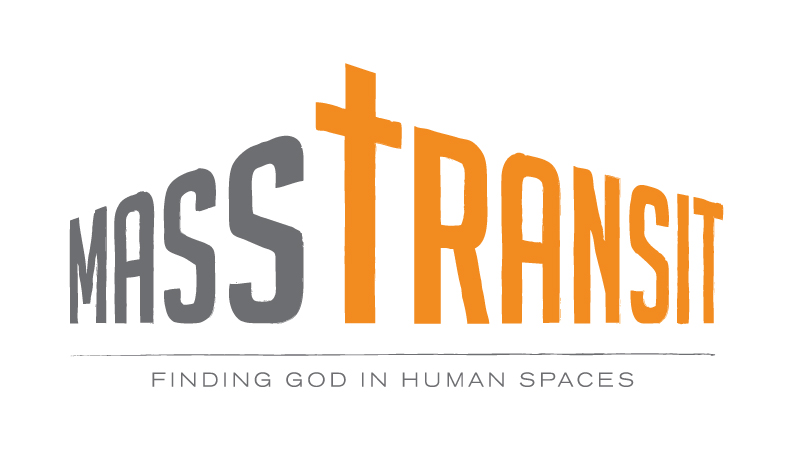Prayer May Not Be Enough
Sometimes, prayer is not enough.
That's a hard thing for me to write; prayer and contemplation are the root of my Franciscan way of life.
But when I heard President Trump's address on the mass murder at Las Vegas, his words seemed hollow to me. Maybe my dislike of the man is an attachment that prevents me from appreciating his sincerity. That is something I will need to address.
“I believe that ‘thoughts and prayers’ have their proper place. But, quite often, I do funerals for people who have died of terrible diseases. Their loved ones request donations to organizations that work on curing those diseases.
“Thoughts and prayers” are good.
“Action?” In this American moment — far, far better.”
The hollowness of the President's words might also point to something else: sometimes I use prayer as a cop out. I'm tempted to think that prayer fulfills my responsibility toward others. After all, isn't it through prayer that I give up all my concerns, worries, and anxieties to God? Isn't it through prayer that I put my trust in God to set things right?
Nope.
I cannot delegate my responsibility to God; I have a role to play in bringing about the Kingdom of Heaven--a world in which peace, joy, harmony, and justice govern our relationships with one another. God expects me to not just offer prayers and sacrifices. God calls me to be a prophet.
Prayer does not absolve me of my prophetic role. It compels me. It moves me to act for justice. Prayer directs my action toward love. Prayer tempers my action with compassion.
So, of course, we must pray for the victims of Las Vegas--and the shooter. But if our prayers do not compel us to act to prevent this senseless violence from happening again (and again and again), then I fear our prayers are just empty words that make us feel holy, and not much else.
Center yourself by pondering the following Scripture verse. Do not analyze it for meaning. Rather, sit with it until your body, mind, and spirit become fresh, solid, and free:
For everything there is a season, and a time for every matter under heaven: . . .
a time to plant, and a time to pluck up what is planted. (Ecclesiastes 3:1,2)
Take a moment to reflect on the events in Las Vegas. What do you feel compelled to do? What feelings do you notice as you consider those actions? Do not judge those feelings. Rather, watch them as if you were watching clouds float across the sky.
Who would be affected by your actions? Who would benefit? Who would be harmed? Who would support you? Who would oppose you?
Consider, for a moment, those who would oppose you. Imagine the world from their perspective. You might want to ask yourself, "What if they were right and I was wrong?" This question is not meant to make you change your mind; it is simply to help you to develop empathy.
Continue to pay attention to your emotions. How do they change? Are they amplified? Are they muted?
Return to your course of action. Do you notice alternatives that you might not have noticed before? How might you carry out this action with love, mercy, and compassion?
If you feel compelled, commit to your action, but always be mindful to act with compassion.
